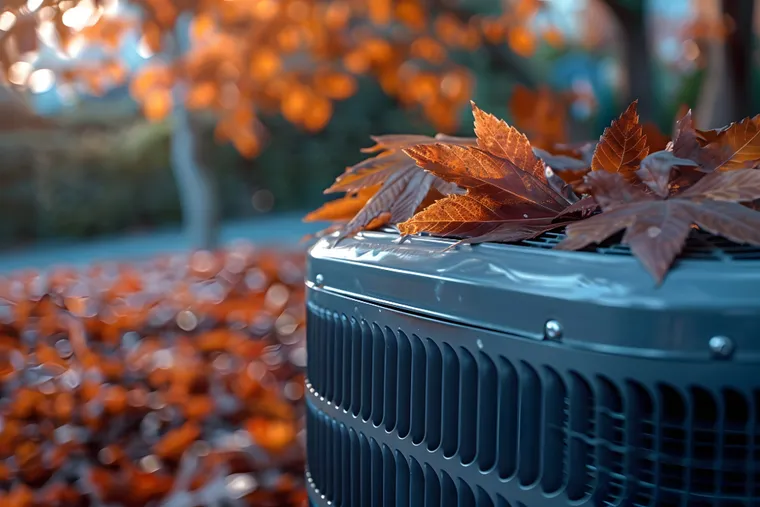Heating, ventilation, and air conditioning (HVAC) systems are the backbone of home energy use, making up about half of a typical home’s energy consumption. Each year in the U.S., three million heating and cooling systems are replaced, and $14 billion is spent on HVAC services or repairs.
By investing in high-performance HVAC equipment, along with proper installation, homeowners can significantly cut energy costs, improve comfort, and reduce their environmental impact.
The Power of High-Efficiency HVAC Equipment
Upgrading to energy-efficient HVAC systems is one of the most impactful ways to save on energy bills.
Choosing ENERGY STAR-certified heating and cooling equipment gives homeowners peace of mind that they’re getting the best in energy efficiency without sacrificing performance.
Popular ENERGY STAR products include ductless systems, heat pumps, furnaces, boilers, and smart thermostats. These upgrades can cut energy bills by 10–30% annually and are a smart step toward a greener home.
For real estate professionals taking a Real Estate Continuing Education (Real Estate CE) or a License Renewal Course, understanding the value of high-performance HVAC systems can be a major selling point when advising clients or buyers about energy-efficient home features. Including this knowledge in the real estate courses you choose can make your guidance invaluable.
"Sealing" the Deal with Duct Efficiency
Poorly sealed ducts are silent energy drainers, leaking up to 20% of the air they carry. That’s like throwing money out the window!
Making sure that ducts are properly sealed with heat-approved tape or mastic and insulating those in unconditioned spaces can save homeowners hundreds annually.
For new construction, designing duct systems within conditioned spaces further maximizes efficiency. Ducts are considered to be in a conditioned space when they are installed within a building's thermal and air barrier or when they are optimized to perform similarly.
Why Proper HVAC Installation Matters
Improper HVAC installation can increase energy use by as much as 30%. To combat this, the ENERGY STAR Verified HVAC Installation Program provides third-party verification to ensure systems operate at peak performance.
When you consider emerging technologies like advanced heat exchangers, membrane-based air conditioners, and energy storage systems, the importance of correct installation becomes even clearer. These innovations, supported by the DOE, are paving the way for more sustainable and efficient HVAC solutions.
Programmable Thermostats: The Smart Way to Save
Programmable thermostats are a small but mighty upgrade. By automatically adjusting temperatures, they can save up to 10% on heating and cooling costs. For instance, lowering the thermostat in winter by 7–10°F for 8 hours a day or raising it during summer while you’re away makes a big difference.
Pairing this with a whole-house energy efficiency approach—like better insulation, sealed windows, and efficient HVAC equipment—can result in savings of 30% or more on energy bills.
Innovations for Humid Regions
If you live in a humid area, dehumidifying heat pipes are a game-changer. These devices reduce humidity while cooling your home and can be retrofitted to existing HVAC systems or purchased as integrated units. They’re an ideal solution for maintaining comfort and efficiency.
Real estate agents and real estate professionals taking their required real estate continuing education license renewal courses should consider course material that provides insights into energy-efficient HVAC systems and other upgrades. The right courses will highlight the value of modern systems and help in educating clients on smart home investments.

